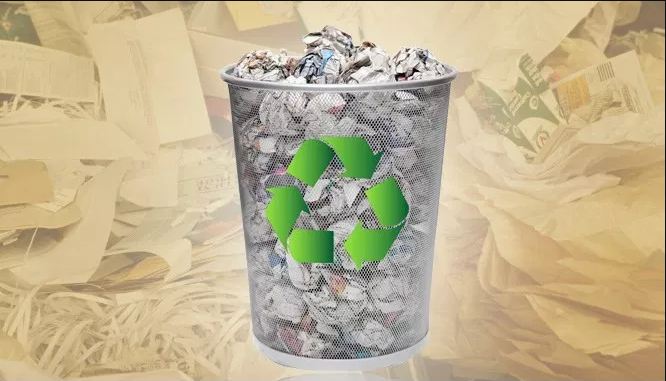If you live in a city, you see garbage mountains coming up day by day around your locality. Some localities in every city are famous for being dumping ground, for example Deonar, a suburb in Mumbai known for having the largest dumping ground in the city. This problem is not limited to Mumbai; almost every city with million plus population is facing problems in waste management.
With the growing rate of urbanization and increasing resource consumption, waste management is going to be the biggest problem of municipalities. The country generates 62 million tonnes of municipal solid waste (MSW) every year, and the waste generation is growing at the rate of 5 percent per year.
But the government could take steps to reduce the speed of urbanization because cities have its own benefits in terms of productivity and better quality of life.
Therefore, the only solution to the problem is: optimal use of resources. The government has brought National Resource Efficiency Policy (NREP) to promote circular economy, and minimize waste generation. As per the Press Release, “NREP envisions a future with environmentally sustainable and equitable economic growth, resource security, healthy environment (air, water and land), and restored ecosystems with rich ecology and biodiversity.”
The policy instruments proposed in policy draft including landfill taxes, high tipping fees for bulk waste generators and strict implementation of regulatory laws. The draft also proposes National Resource Efficiency Authority (NREA) which will be an independent body like SEBI or TRAI.
The major emphasis of the policy is on metal and plastic recycling because these are prime contributors in waste. According to policy draft, “Ferrous metals will contribute to 53% of the total estimated demand, followed by 17.4% of plastics and synthetics, 2.5% of aluminium and 7.2% of copper.”
The draft has proposed 100 percent recycling and reuse of pet plastic and 75 percent recycling and reuse of other packaging materials. The draft policy has specific efficiency strategies for seven (automotive, plastic packaging, building and construction, Electrical and Electronic equipment, solar photo voltaic, steel, and aluminum) sectors.
The policy has proposed to set up 20 official dismantlers by 2020 to recycle the used cars, and to use 25 percent recycled material in commercial and passenger vehicle by 2030. It has a target of “75% recycling rate for vehicles manufactured before 1990, 85% recycling rate for 65 vehicles manufactured between 1990 and 2000, and 90% recycling rate for vehicles 66 produced after 2000.”
The resource efficiency promotion will help the country in saving its critical resources for future. India is dependent on imports for important natural resources, especially in the field of energy sector. The country imports almost 80 percent of its oil and gas requirements and therefore promotion of efficiency will help in reduction of import bills, which will help in accumulation of foreign reserves.
The consumption of raw material is rising exponentially- from 1.18 billion tonnes in 1970 to 7 billion tonnes in 2015; the countries with limited natural resources like India are vulnerable to supply shocks. Therefore, it is important to save our natural resources and maximize the efficiency.
“Be it the electronics and telecommunication sector, plastic industry, photo-voltaic, battery manufacturing and storage, the future depends on how efficiently the raw materials needed are used, how strategically we procure the resources from outside and ensure efficient use of the available ones to reduce wastage. It’s not just about raw materials but critical resources like water too,” said Souvik Bhattacharjya, fellow at The Energy and Resources Institute (TERI), in New Delhi.
India is increasingly becoming a consumerist society but the natural resource consumption is still low- 7.42 billion tonnes compared to 34 billion tonnes of China. But it is expected to grow exponentially in upcoming years, and therefore promotion circular economy which is based on 6 R (reduce, reuse, recycle, refurbish, remanufacture and redesign) principles, is important for sustainable development.
